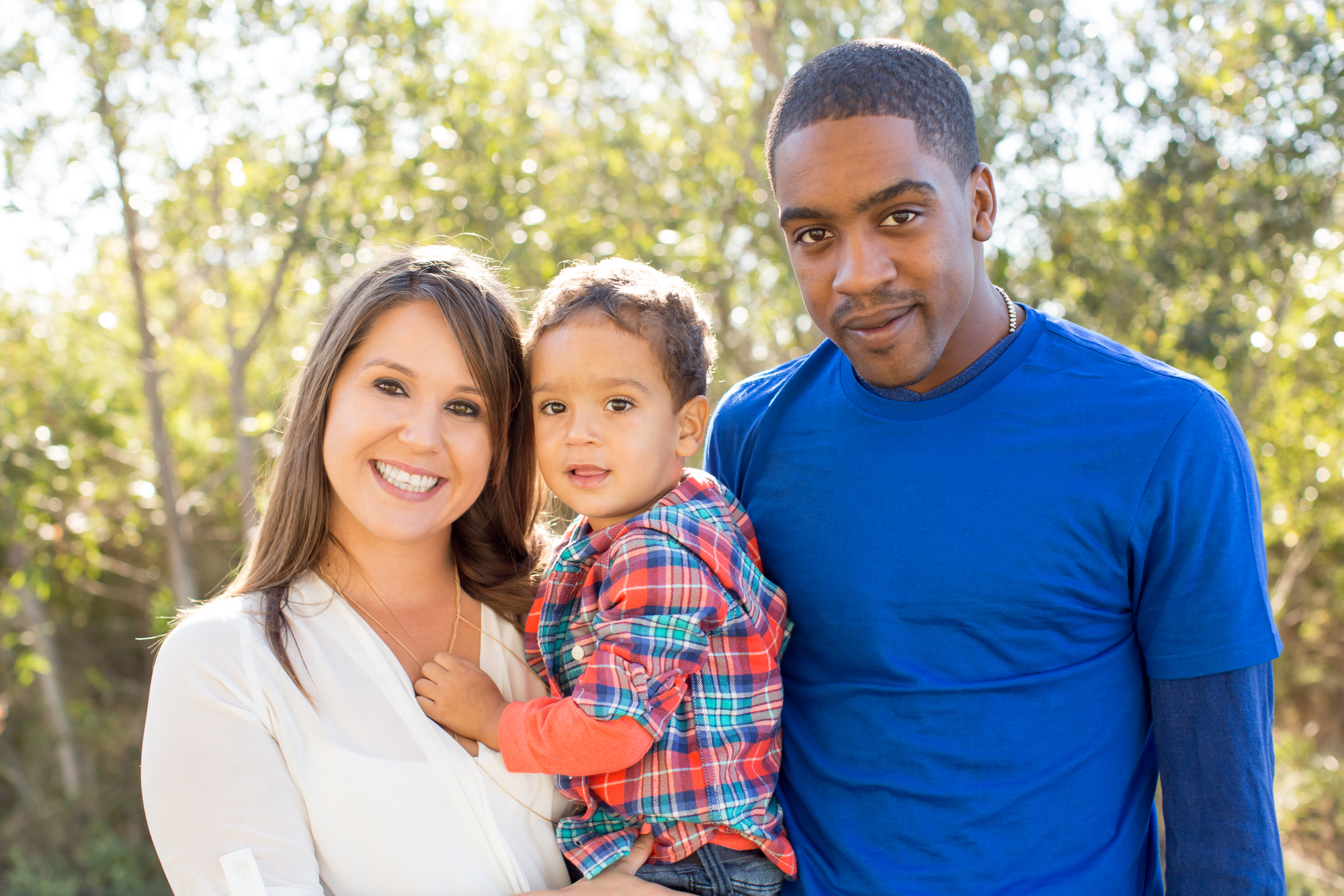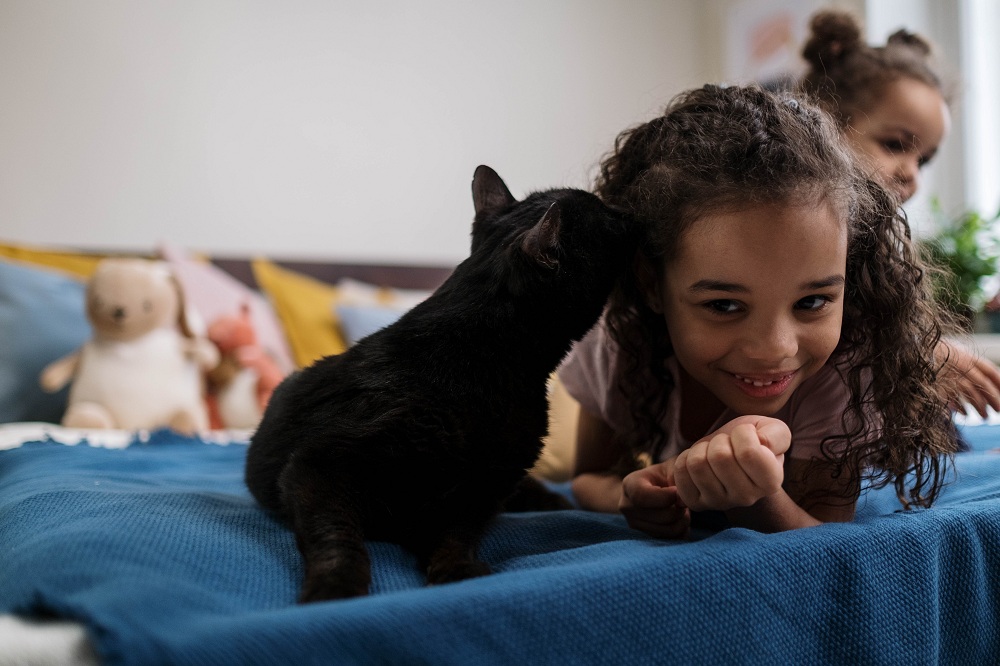As a young child develops into a grown-up, there are numerous influences that shape him as an individual. Each interaction with a fellow human being leaves a lasting impression on the child. Such influence on character is not wielded by the family alone. Though the degree may vary, friends, adversaries, peers, teachers, acquaintances etc can all have an impact. And today, the globe is so well-connected that the entire world can have an impact on a child’s upbringing. The best instance being a microscopic virus detected in far away China forcing us to lock up in the confines of our homes thousands of kilometers away, all within a span of weeks. So, the next generation is very much aware how inter-woven humanity is, irrespective of geographical or any other distances.
There were times when the different cultures existed in isolation, interacting only with their likes and avoiding any inter-cultural endeavors. Certain societies looked down upon others, despised some and cast away some others. Just as much as, simple, human to human interaction was impossible between people from varied races.
As opposed to that, now there is a greater understanding that all humans walking this Earth are the same and racial and cultural differences do not hold much value. People became more and more willing to leave their closed clusters, enter foreign societies, merge in and settle in faraway lands. The slow yet inevitable assembling of mixed cultures led to the construction of cosmopolitan societies, thus, creating more inclusive cultural settings. This has created more culturally sensitive, racially neutral, linguistically tolerant and politically correct society. World over, people are coming together and fighting for a society where racial, lingual, cultural, gender differences do not matter.
As parents, we need to take note of this changing scenario. Apart from ensuring the physical and mental well-being of our kids, we need to foster their social health as well. Our children will be living in a future which is much more sensitive and intolerant to divisive comments and actions. So it is our responsibility to raise them in a way that they understand the innate differences between individuals and learn to respect them.
This is where multicultural parenting comes into focus. Please do not be mistaken that this is something of concern only to parents who are multi-cultural or migrants. Yes, this concerns them a bit more. But, in these times, it is extremely vital that each of us brings up our child cognizant of the multicultural context of the society at large.
Being multicultural usually refers to the families that have migrated to a foreign country and settled there. Similarly, families where the father and mother belong to different races or cultures are also termed multicultural. Such families would have to negotiate several challenges, a prominent one being the upbringing of children. Such situations call for conscious parenting and responsible living.
As I mentioned earlier, this is not only for families with multicultural background. Every family has to imbibe the aspect of multiculturalism in their parenting style.
So how do we do that?
Set an example
The first and foremost factor is to be receptive and inclusive yourself. You cannot influence the child unless by setting an example. The last two years have taught us that the challenges faced by mankind are the same, no matter what their race or culture is. So instill that sense of oneness in your mind and let the child feel your compassion towards fellow humans. Make it a point to never judge people by their heredity or color. Let your kids see for themselves how you respect and celebrate the differences.
Find your roots
A person who is confident of his self and knowledgeable of his history will not look down upon others. It’s one’s insecurity that makes one fanatic. So, as a parent it is your responsibility to give your kids a chance to know their heritage deeply. Talk to them continuously about your childhood, favorite memories, best celebrations, your upbringing etc. Let them have a true taste of the traditional cuisine, family customs, special festivals and cultural rituals. Do not force it upon them, but give them an opportunity to enjoy it. There is no right time to introduce kids to your culture. Start at a very young age. It is important that kids speak their parents’ language. So, even if you are living in a foreign country, see to it that children learn their mother tongue. Children are surprisingly adaptable. They will be able to switch between multiple languages.
Be Curious
Try to develop genuine interest in knowing cultures, practices, rituals and habits different than ours. Travel to different countries. Once in a while, try a different cuisine. When we do these things, children will follow suit.
Respect differences
Let your kid know that not all people can be the same and the beauty lies in the variety. Parents should refrain from insulting or demeaning alien cultures. Encourage your kids to have friends from completely different cultural, religious, linguistic or financial background. Classrooms are a reflection of the society. Often, eyebrows are raised when a different-looking kid joins a class. Parents should tell kids not to alienate someone based on their skin color, accent or looks.
Understand your identity
Very often, kids from multicultural background may go through a phase of severe identity crisis. They may be ridiculed or bullied by peers and this can force them to go into a shell. Some kids may take a negative attitude towards their own culture and try to distance themselves away from it. But, parents should make children understand that acknowledging one’s heritage and identity is part of wholesome growth.
Develop a sense of belonging
Kids with multicultural background may find it difficult to merge in. They are stamped as different. They always stand apart. This can take a heavy toll on their mental health and they may develop social anxiety. Parents should address this patiently. Help them to interact with friends and create occasions to get them involved with their peer group.
Learn to ignore the ignorant
Some children from multicultural families may have to face frowns and insults. This may cause a serious dent in their self-esteem. Do not heed to such haters. You can tell your kids to neglect such behavior and create a positive support system around them including school, extended family, neighbors and community.
Multicultural parenting is essentially bringing up children with a global outlook. Our children are surrounded by people who speak different languages, practice various religions or whose skin is a different shade than their own. Multicultural parenting will help kids to be better prepared for tomorrow. Let your child be an ambassador of diversity and inclusivity.







